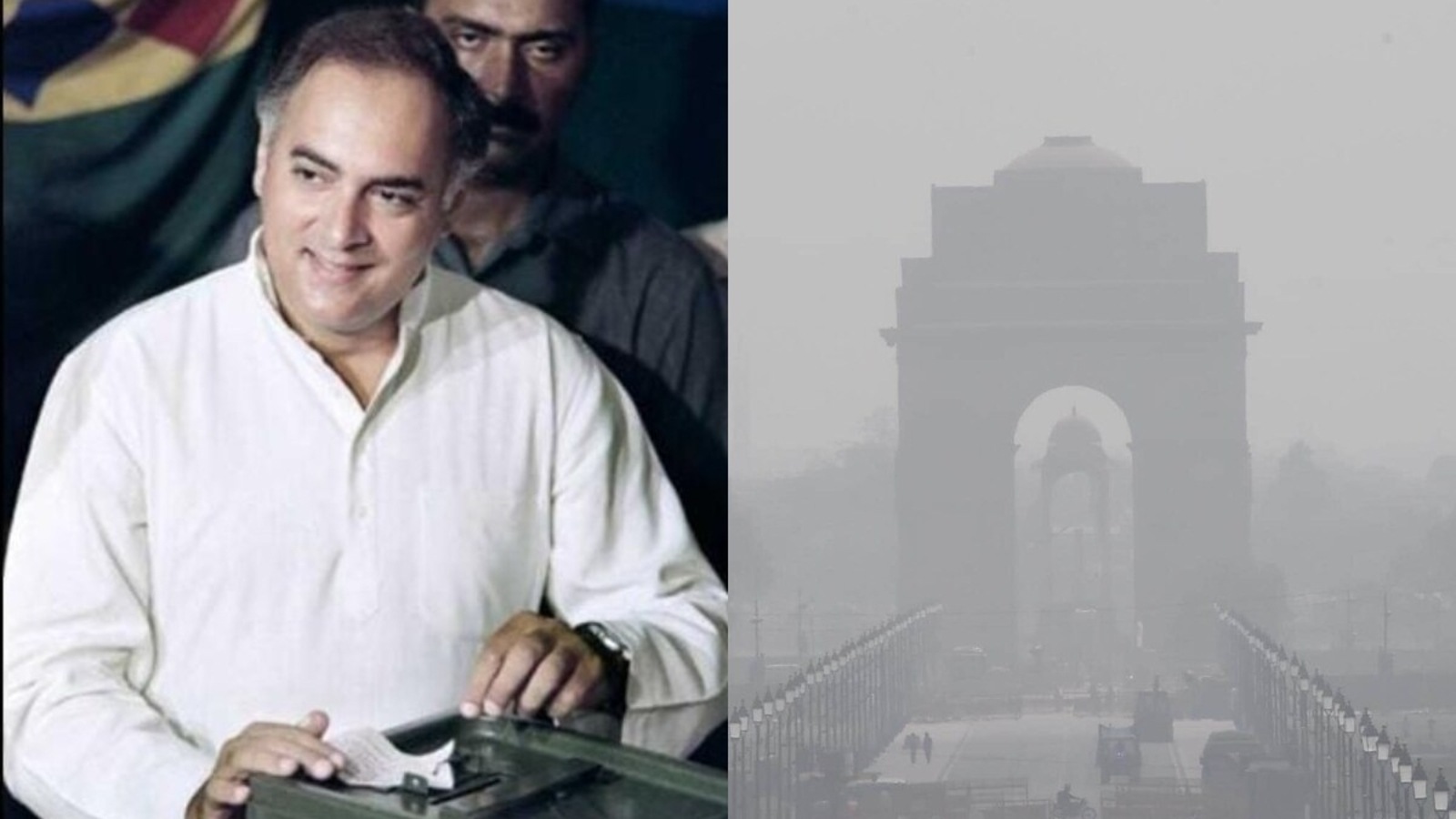Suppose all of humanity was infected by a virus that left us all infertile–no one will come along after us. How would you react to such a world? How would you feel if you learned that the last humans had just been born? On this cheerful note, EconTalk host Russ Roberts launches another thoughtful (and thought-provoking) conversation with philosopher Agnes Callard. But really, what would you do? Would you try to make the world more attractive just in case someone came after you? Would you attempt to preserve cultural artifacts? Would it still feel meaningful to read a novel???
Callard seems unsure. She says, “…certain recreational intellectual pursuits might make sense to us within the context of a life that is anchored in a bigger story. It might make less sense once we sort of decouple it from that.” Let’s hear what you think. Use the prompts below to start a conversation either here with us or offline. We’re here for the conversation, wherever it might happen.
1- Callard argues that our own deaths don’t have the same sort of effect on us as we might expect in the apocalyptic scenario described above. They don’t induce in us this sense of despair over the meaninglessness of everything that we’re doing. It’s not the deaths of people that cause us the despair Callard says, but all the non-births. To what extent must we count on future humans to give meaning to our lives today?
2- Callard and Roberts ask us to think about what we would do if we had a free hour to do whatever. What would you choose? What does Callard suggest that such a thought experiment-regardless of your answer- might reveal? What does it suggest about the influence of conformity on our life choices?
3- Callard proposes the “number one big human advance” is human rights. To what extent do you agree with her? Roberts suggests some other candidates; can you add even more? And of course, there is his corollary question- is the inner human life really making progress?
4- Roberts and Callard discuss a famous question once posed by philosopher John Gray: if religion disappears, will our cultural legacy go with it? How would you answer that question? Perhaps another way to say this is to ask, what is the role of myth in human experience, and how necessary does this role remain today?
5- Returning to a part of this episode’s title, what should be the aims of education? What does education have to do with the quest that you feel we’re on to make the world a better place? To what extent should education aspire to make human beings of the future better?
















